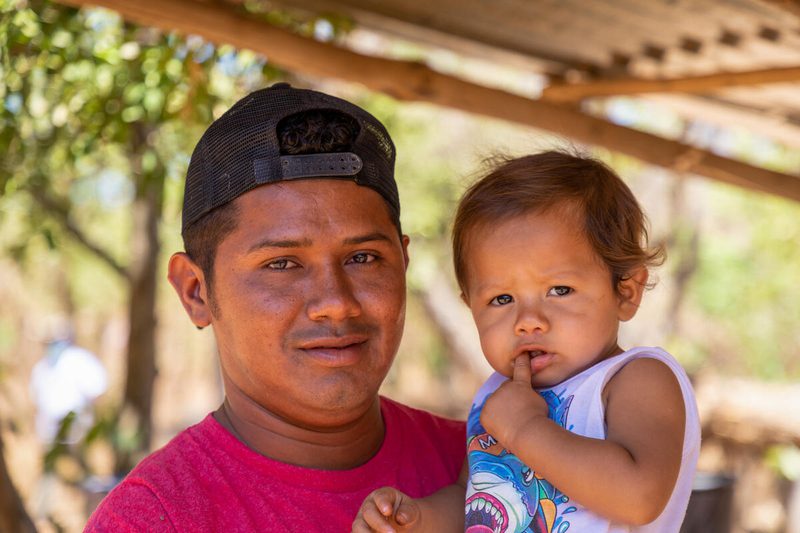Guatemala
Widespread poverty, deep-rooted inequality, a rapidly changing climate and frequent natural disasters are driving hunger in Guatemala.
WFP/Nelson Pacheco/2022
Make a difference in Guatemala
The Suffering of Inequality
Guatemala is one of the most unequal countries in all of Latin America. It is multi-ethnic with a rich cultural heritage, but poverty and discrimination disproportionately affect women and indigenous people. Mix that with increasingly extreme weather and the current COVID-19 crisis and you get a population deeply vulnerable to hunger.
1/2
of children under five are stunted
40%
of inhabitants are Indigenous Mayan
$2
Two-thirds of the population lives on less than $2 per day
1/2
of children under five are stunted
40%
of inhabitants are Indigenous Mayan
$2
Two-thirds of the population lives on less than $2 per day
1/2
of children under five are stunted
Causes of Hunger
Gender Inequality
With the highest level of gender inequality in the region, women in Guatemala are more likely to face poverty than men, and rates of violence against women still remain high. Across the globe, women often eat last and least. They have the most responsibilities in the home, but the smallest amount of food – sacrificing their health for their children.
Learn More Agricultural Challenges
Long dry seasons have hurt Guatemalan farmers in the past few years. Poor soil conditions, over-exploited forests, degraded lands, the small size of plots, and lack of access to credit, agricultural supplies and technical know-how make matters worse.
Learn More Extreme Weather
Guatemala is one of the top ten countries most vulnerable to climate change in the world, and the fourth most exposed to natural disasters in the region. Long dry spells mean small harvests or even total crop failures of corn and beans. This is pushing farmers and their families even further into hunger.
Learn More Poverty
Almost half of Guatemala can’t afford the cost of the basic food basket. That means the rate of stunted children under five is one of the highest in the world – and the highest in Latin America and the Caribbean. It’s a middle-income country, but most people still live in poverty. Indigenous Mayans make up nearly half the population, with a poverty rate of 80% (and 40% live in extreme poverty).
Learn More  WFP/Carlos Alonzo
WFP/Carlos AlonzoWFP’s Work in Guatemala
WFP has been in the country for over 40 years, working in four key areas:

Childhood Nutrition
WFP focuses on feeding kids under two, working to change community nutritional habits in rural communities with high rates of stunting: Alta and Baja Verapaz, Sololá and Chimaltenango.

Emergencies
WFP works with the Guatemalan government to get food assistance to people affected by sudden natural shocks like floods, hurricanes, earthquakes or landslides as well as slow-onset shocks like droughts.

Resilience Building
With help from WFP, more than 9,000 families in remote, disaster-prone areas get food or cash in exchange for working on community projects that increase their resilience to climate shocks.

Support for Farmers
WFP works with small-scale farmers’ organizations to improve their incomes through increased and better-quality production, reduced post-harvest losses, and fairer and wider access to markets.
Lastest News
- Blog
- October 18, 2022




